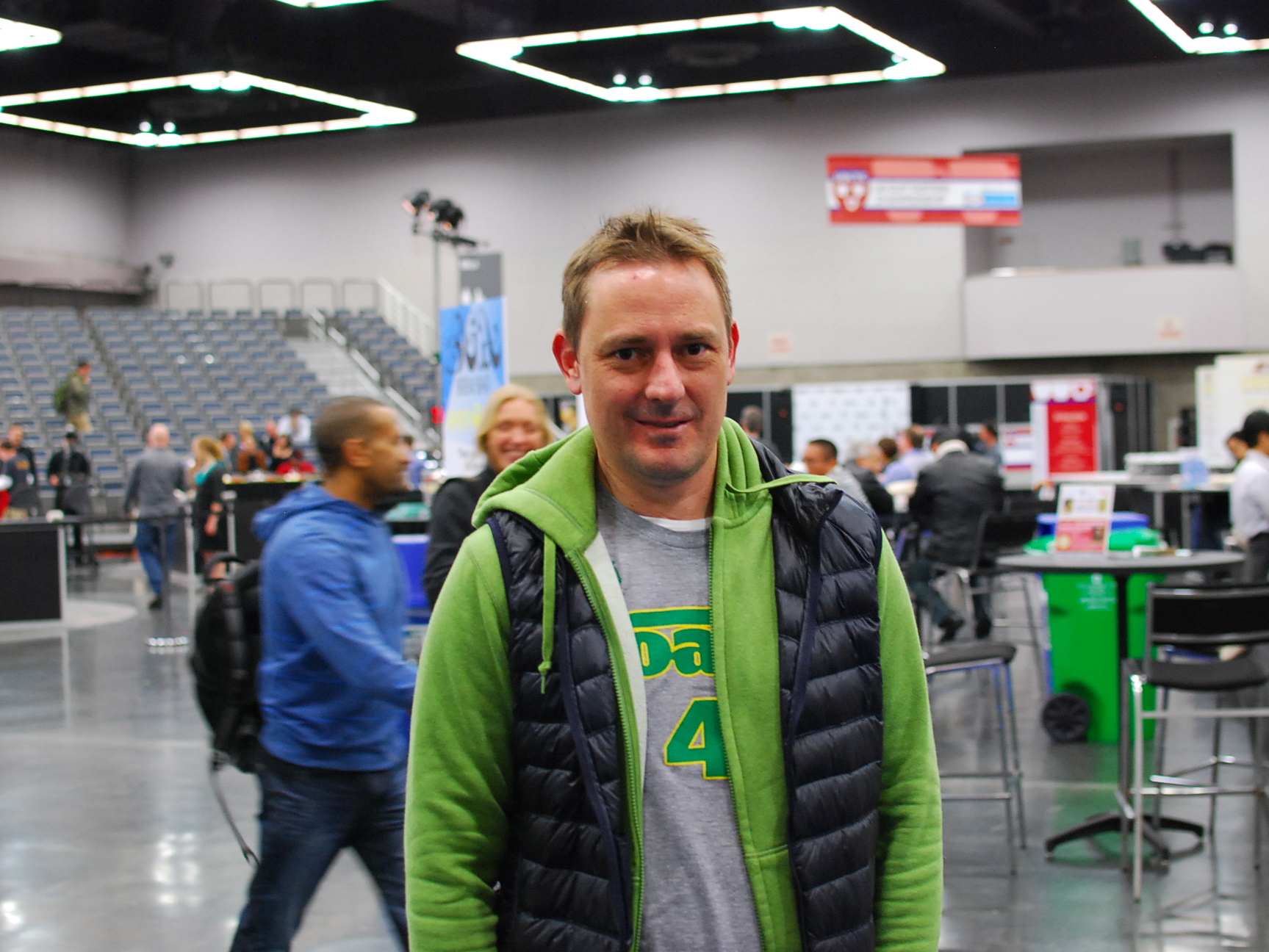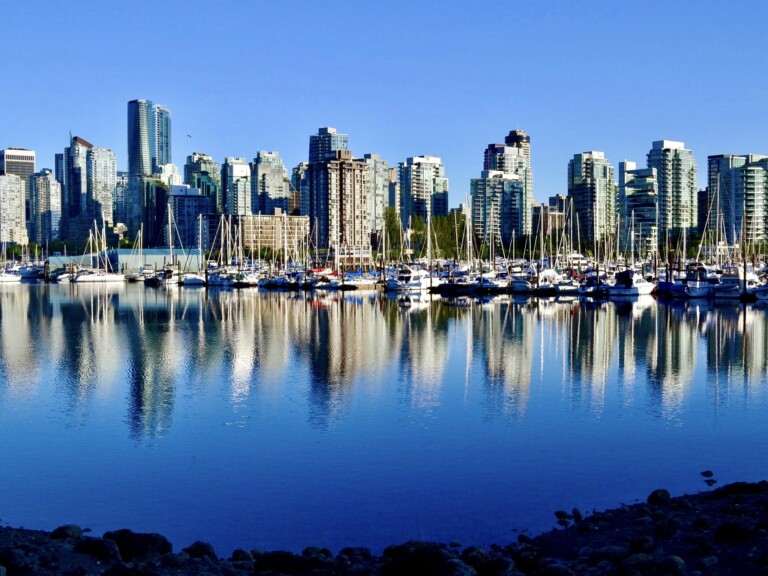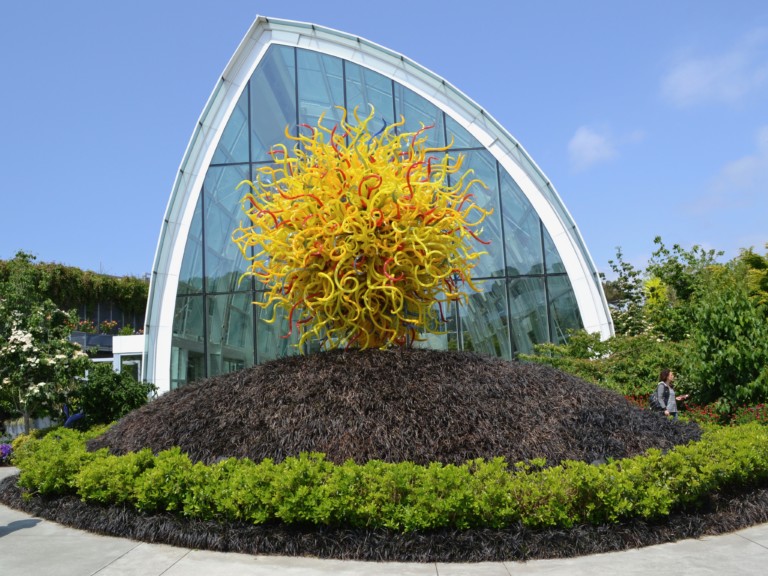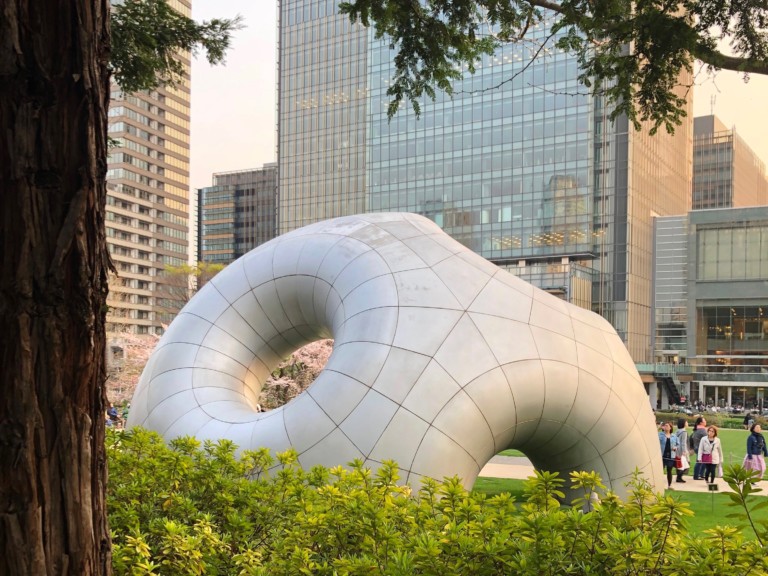INTERVIEW CONTINUED FROM PREVIOUS PAGE
Do you feel like the Portland specialty coffee market is saturated?
I’m always surprised when new spots open, and I’m always like, “Wow, can this city support another quality focused shop?” And I’m usually wrong, because it’s usually yes. I’ve seen Billy open two shops, and now he’s working on a third spot. For the size that this city is, I’m constantly amazed by how much coffee people want to drink, and how many cafes this city can sustain at one time. The quality coffee to population ratio has got to be higher than any other metropolitan area in this country.
It would seem that way.
It’s gotta be.
What is it that continues to inspire you about working with coffee?
Just that it’s such a passion driven industry, and how willing people are to share information with you. Especially in Portland, I feel like the scene here is really supportive. You can go to any great café in this city, and you’ll see baristas from other cafes in those cafes, or even the owners of those cafes in other cafes. I think the competitive spirit is really balanced out by the social aspect of it. You see people supporting each other a lot, and I think the food scene in this city parallels that quite a bit.
You have so many global experiences, just with the barista competitions and also with Coffee Common. After going through all that, has your impression of Portland’s coffee community changed at all?
Yeah, I think that Portland is pretty world class in terms of the average level of quality coffee in this city, and I think it’s on par with places like London and Oslo and New York and Los Angeles – much bigger cities – in terms of the average cup of coffee that’s being served in cafes. We can hang with the best of them, and traveling around the world to some of the best cafes I know of and have been to, Portland does as good a job as a lot of those places.
Where do things stand with Coffee Common and what’s possible?
Coffee Common’s a really passion driven project, and we’ve only just turned a year old. We kind of are limited by the amount of time and energy we can put towards it. And every time we do a project, it’s kind of a time suck, so we have to all go back to our regular lives and jobs and kind of go, “Okay, that was awesome. I’ve got all this work to catch up on, and life. I sacrifice personal time.” We’re working on it when we have free time, so we’re still figuring out what’s next. The event we did in New York was really interesting for us because it was the first time we did something independent of any other event, and it’s changed our sort of relationship with sponsors, a little bit, and it was really interesting to see people just showed up, only for us, not for TED, not for TED Global, not for any other reason. They showed up just to see us, and to learn about coffee. I think we really scratched the surface in the consumer’s level of interest and being engaged in that way.
How do you decide who’s included in Coffee Common?
In terms of like baristas? And roasters?
Yeah. And who decides?
Every time we do it, we change. For the last couple projects we’ve done, somebody’s been like, “Hey, I’d really like to do this project. I’m kind of willing to spearhead it and be project manager.” And then we kind of go, as a group, whether that makes sense, and if it’s a good fit, and much work is it going to be. Can we come up with the funds we need to pull that off? Get the sponsors, and if logistically that makes sense. And kind of agree as a team. We’ve turned down more things than we’ve done. There have been some great opportunities we just can’t commit the time to, or logistically it’s just not possible. We’re still learning what our resources are, and where can pull from, and what it takes to pull off an event. Then in terms of roasters and baristas, each time we do it, we try to engage a different set of people, because we want it to be different every time. Every event we’ve done, we’ve used people we’ve worked with before, both on the roasting side and on the barista side. Some of it’s geographic, so when we were in New York, a little more than half the baristas were New York based, or East Coast. Some came from Canada, and a couple came from Europe. Something like TED, we’ve got a slightly bigger budget and more to offer them in terms of accommodations are paid for and meals are paid for, so it’s easier to draw from a broader geographic area. So we had baristas from Australia and Canada and Sweden. Mexico.
I know you’re all over the world in terms of travel, but if you’re in town, describe a typical coffee consumption day for you.
I usually start with tea. Since last summer, when we did TED Global, and I discovered tea for what felt like the first time, which is similar to my experience with coffee 10 or 15 years ago, and I was like, “Wow! I’ve been doing this totally wrong for a really long time. I didn’t know tea could be this good.” I also found that when I drink coffee on an empty stomach, it can be kind of a jarring thing. I also noticed my mental acumen with tea in the morning, I get this little burst of clarity. So I’ve been starting my days 90% of the time with tea, before I do anything else, and then some food, some breakfast. Then I work a lot from home when I’m in Portland, so I usually use that as an excuse to leave my house and go out for a little bit and go to one of five places in Portland so I can get some social time. And I’ve been a big fan of brewed coffee, as opposed to espresso. Espresso’s a little too much of a punch in the face for me. Having been a part of barista competitions so many times, I got a little burned out on that. I like the experience of being able to sit with eight or 10 ounces of brewed coffee, and sip it. I also like to drink my coffee a little bit cooler and espresso’s not meant to wait until it cools off.
What’s your preferred brewing method at home?
I’m a big fan of the Aeropress, and that sort of inspired me to organize the first U.S. Aeropress Championships that we’re doing tomorrow here at the show. I like what a clean cup it produces. I like how simple it is, in that if you’re following a basic recipe, it’s pretty hard to mess up. It’s kind of foolproof.
If you could pull a guest shift at a single bar, for one bay, what would it be and how come?
I’ve been spending a lot of time at Heart recently and hanging out with Wille [Yli-Luoma] and Josh [Hydeman]. Wille’s the owner, Josh is the roaster, and just playing with those guys and cupping with them, I feel really comfortable in their space, and I really like what they’re doing in terms of roast profiles and green coffee. Sometimes I’ll go behind the bar and make my own coffee. That’s easy. I do that a little bit at Coava too, but lately Heart’s been my go-to.
If you could only drink one more shot of espresso, who would you let pull the shot?
If it was just one, I would want it to be something really epic by somebody like Tim Wendelboe or James Hoffmann, or some just World Champion barista who I also have a friendship with.









Leave a Comment